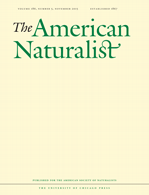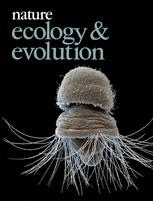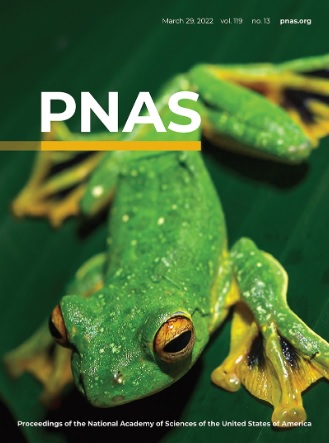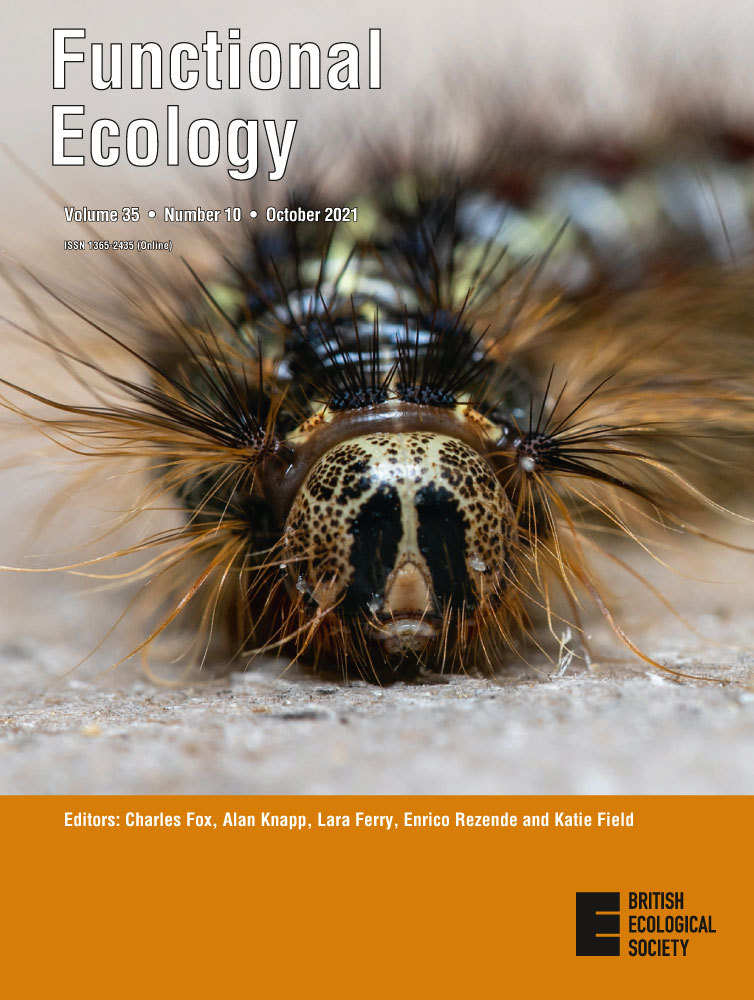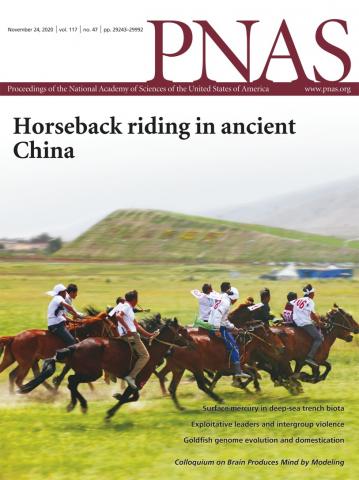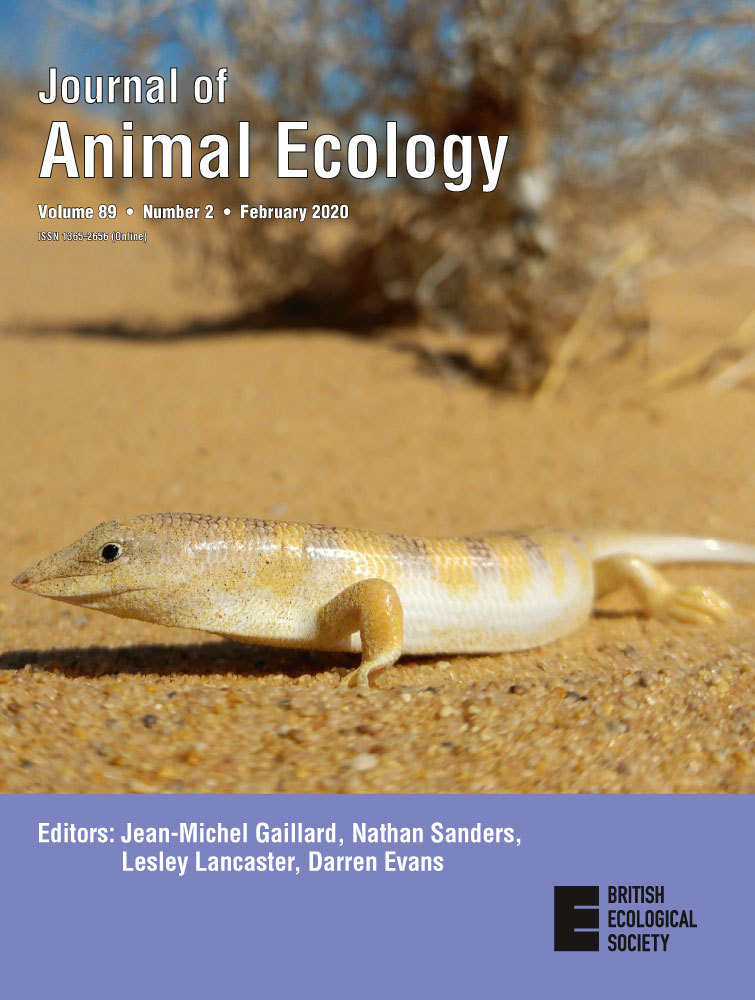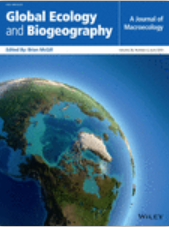Complete publication list in Google Scholar
The evolution of homeothermic endothermy via life history optimization. American Naturalist , Rubalcaba, J. G. (2025).
Climate drives global functional trait variation in lizards. Nature Ecology & Evolution , Rubalcaba, J. G., Gouveia, S. F., Villalobos, Olalla-Tárraga, M. Á., Sunday, J. (2023).
Physical constraints on thermoregulation and flight drive morphological evolution in bats. PNAS, Rubalcaba, J. G., Gouveia, S. F., Villalobos, F., Cruz-Neto, A. P., Castro G. C., Amado, T. F., Martínez, P. A., Navas C. A., Dobrovolski R., Diniz-Filho J. A. F., Olalla-Tárraga, M. Á. (2022).
Biophysical models unravel associations between glucocorticoids and thermoregulatory costs across avian species. Functional Ecology, Rubalcaba, J. G., Jimeno, B. (2021).
Oxygen limitation may affect the temperature- and size-dependence of metabolism in aquatic ectotherms. PNAS, Rubalcaba, J. G., Verberk, W. C. E. P, Hendriks, A. J., Saris, B. & Woods, H. A. (2020).
The biogeography of thermal risk for terrestrial ectotherms: scaling of thermal sensitivity with body size and latitude. Journal of Animal Ecology , Rubalcaba, J.G., Olalla-Tárraga, M.Á. (2020).
Upscaling microclimatic conditions into body temperature distributions of ectotherms. American Naturalist, Rubalcaba, J. G., Gouveia, S. & Olalla-Tárraga, M. A (2019).
A mechanistic model to scale up biophysical processes into geographical size gradients in ectotherms. Global Ecology and Biogeography, Rubalcaba, J. G., Gouveia, S. & Olalla-Tárraga, M. A (2019).
